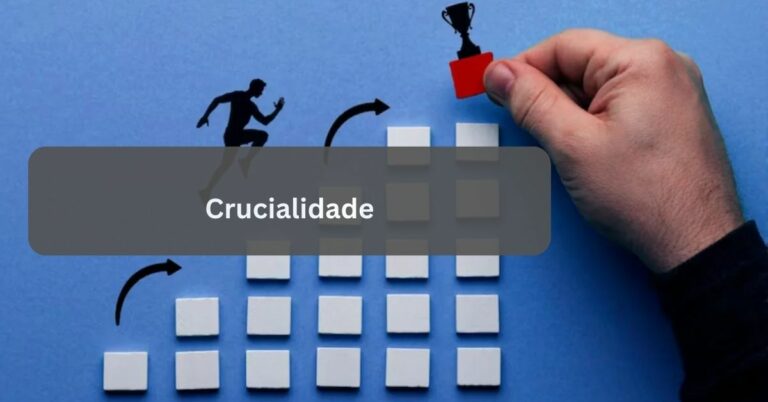How To Reduce Bias During Your Interview Processes
Bias in an interview occurs when the viewpoints, opinions, or expectations of the hiring panel influence how they evaluate and judge the interviewee. Avoiding biases promotes objectivity in the process, creating room for proper decisions and fair judgments. To help reduce bias, recruiting teams can use video interview software.
This software offers standardized interview formats, confirming that every candidate is asked the same questions and evaluated using consistent criteria. Here are some ways to minimize bias during the interview process:
Understand Potential Biases
Being aware of various biases in interviews allows directors and recruiting teams to develop effective strategies to promote objectivity. Recency bias occurs when a recruiting team compares a candidate with the preceding interviewee before making a judgment. A comparison between the previous and the current job candidates can create a halo and horn effect, which may contribute to unfair decisions. A halo and horn effect is where the interviewer uses the strengths of the preceding candidate to identify weaknesses in the current candidate.
Stereotype bias occurs when recruiters judge a candidate based on their social class. The judgment may be based on the candidate’s age, gender, race and ethnicity, income status, or disability. Company directors and hiring panels also need to be aware of confirmation bias. This bias occurs when recruiters ask a candidate questions to confirm their beliefs or judgment about the candidate.
Video interview software enables company directors and hiring teams to conduct unbiased, equitable interviews. Through structured or standardized questions, the hiring panel can easily compare the competencies of job candidates without focusing on their social categories. The software also allows for recorded interviews, which can be reviewed by multiple team members, reducing the impact of any single interviewer’s unconscious bias.
Use Work Sample Tests or Screening Questions
Work sample tests enable recruiting panels to evaluate the professional skills of job candidates without focusing on other attributes like their personalities. These tests work by giving the interviewees some responsibilities similar to those they are to be assigned when hired. The interviewer then assesses the candidate’s performance, thoroughness, creativity, and ability to solve problems and manage time well. A skill-based test during interviews allows candidates with diverse backgrounds to utilize an equitable platform to showcase their proficiencies.
Screening questions help narrow down the candidates before scheduling video interviews. Video interview software can help hiring teams create a list of standardized questions to ask each applicant during screening. When every candidate is asked the same set of predetermined questions, the hiring team is able to compare their responses more objectively. This consistency can minimize the chances of subjective judgments that may arise from varying questions or informal conversations.
Adopt Video Interview Software Today
Video interview software enables company directors and hiring panels to create standardized criteria for evaluating job candidates. The software allows for structured questions and a scoring system based on the candidate’s competency rather than other characteristics. Some platforms also use artificial intelligence technology to generate relevant and comprehensive interview questions. To help your company conduct equitable video interviews, contact a reputable software provider today.






